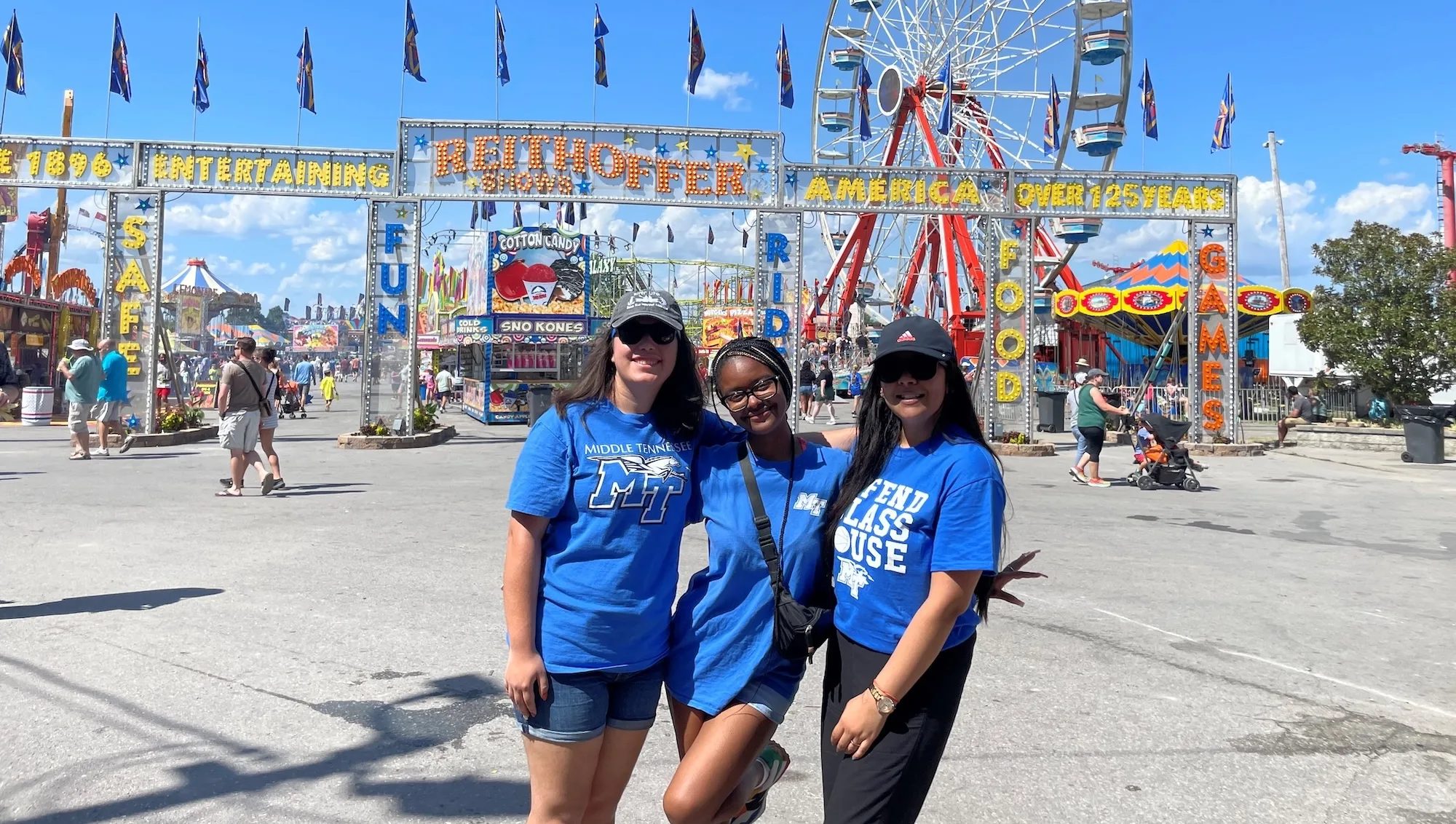
Public Health
Public Health Saves Lives - Join a Career that Helps and Protects Communities
Public Health, B.S.
The Public Health Bachelor of Science (B.S.) program at Middle Tennessee State University (MTSU) offers a flexible and impactful degree for students passionate about improving health outcomes and promoting well-being in communities. With a proactive, interdisciplinary approach to health, public health focuses on preventing illness, promoting wellness, and ensuring equitable access to health services.
Our program is designed to meet the diverse goals of students, whether you’re interested in pursuing a public health career or need a strong foundation for pre-med, pre-PA, or pre-nursing pathways.
For students looking to work in public health, this degree equips you with the skills needed to tackle complex health challenges. Graduates are prepared for roles as a health educator, community outreach worker, prevention coordinator, or community engagement specialist. Through courses such as Methods of Marketing and Communication in Health, Environmental Health, and Health Program Planning, you'll gain the knowledge necessary to improve community health, promote disease prevention, and shape health policy.
For those on a pre-med, pre-PA, or pre-nursing track, a Public Health degree provides a solid foundation in core areas like Biostatistics, Epidemiology, Human Health and Disease, and Bioethical Issues. Our graduates successfully use this degree to advance into medical school, PA programs, or nursing school, making it a versatile choice for those aiming to enter clinical healthcare fields.
Additionally, students who wish to continue their education in public health can take advantage of our Accelerated Bachelor’s-to-Master’s (ABM) program, which allows you to begin working on your Master of Public Health (MPH) while completing your undergraduate degree. MTSU also offers a Ph.D. in Health, providing a pathway for those interested in advanced research and leadership roles in the public health field, right here on campus.
Watch this WKRN video featuring Virgil Teeter, current Public Health, B.S. student!
MTSU Public Health Program Values
- Health Equity: Commitment to address disparities that contribute to health inequity.
- Collaboration: Commitment to educate and practice public health through collaboration.
- Evidence-Based: Commitment to use an evidence-based approach in public education and practice.
- Right-To-Health: Commitment to the concept that good health is a fundamental right.
Accreditation
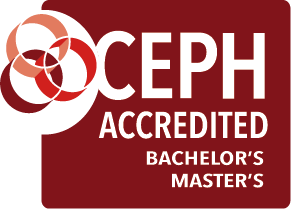 Middle Tennessee State University’s (MTSU) Bachelor of Science (B.S.) in Public Health program is accredited by the Council on Education for Public Health (CEPH); the nationally recognized accrediting body for public health (https://ceph.org).
Middle Tennessee State University’s (MTSU) Bachelor of Science (B.S.) in Public Health program is accredited by the Council on Education for Public Health (CEPH); the nationally recognized accrediting body for public health (https://ceph.org).
News Briefs

MTSU professor, former Olympian ‘leaps’ into World Olympians Association
Middle Tennessee State University’s Andrew Owusu, public health professor, assistant track and field coach and three-time Olympian, added another accolade to his name in time for the Winter Games this month: election to the executive board of the World Olympians Association.[ Read More ]
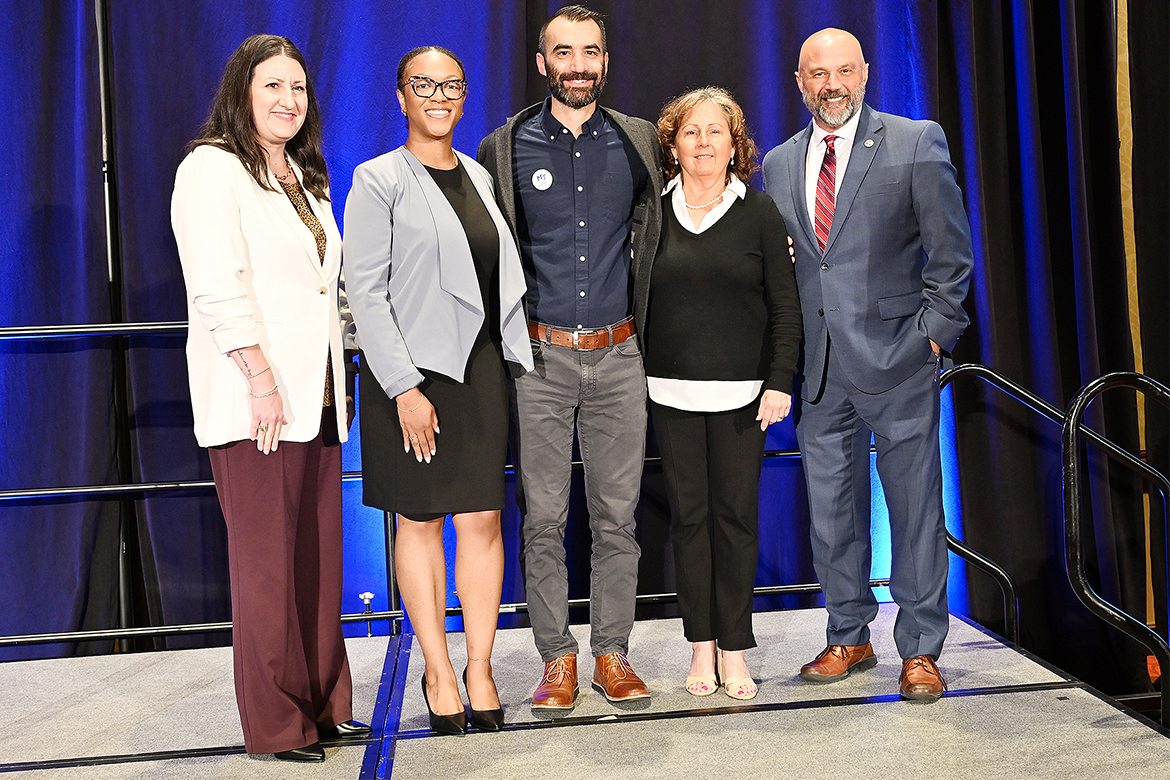
MTSU Public Health Program celebrates with faculty, alumni awards
Faculty and alumni from Middle Tennessee State University’s Public Health Program had plenty to celebrate during the week of the Tennessee Public Health Association Conference that took place recently at Embassy Suites in Murfreesboro.[ Read More ]
News Briefs

MTSU professor, former Olympian ‘leaps’ into World Olympians Association
Middle Tennessee State University’s Andrew Owusu, public health professor, assistant track and field coach and three-time Olympian, added another accolade to his name in time for the Winter Games this month: election to the executive board of the World Olympians Association.[ Read More ]

MTSU Public Health Program celebrates with faculty, alumni awards
Faculty and alumni from Middle Tennessee State University’s Public Health Program had plenty to celebrate during the week of the Tennessee Public Health Association Conference that took place recently at Embassy Suites in Murfreesboro.[ Read More ]
Related Media

Public Health, B.S.
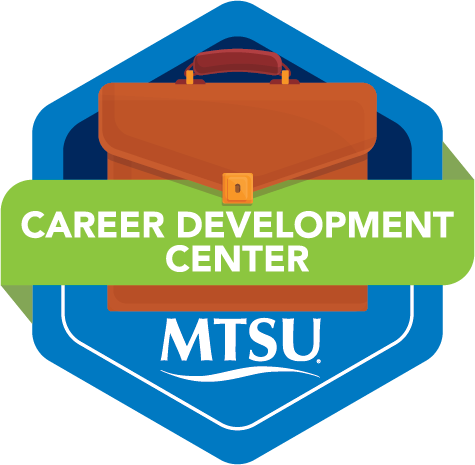
MTSU’s Career Development Center
MTSU offers a comprehensive Career Development Center that serves students throughout the full student experience and beyond. They collaborate with faculty and staff to equip students with the tools to be marketable to the world of work and continuing education.
Students can schedule an appointment or check online resources and job boards at mtsu.edu/career.
Students can find current internship opportunities by talking to faculty and visiting the University job and internship board called Handshake.
Wondering what you can do with your major? Check out our What Can I Do with A Major In guides.



Student Testimonies
 “The ultimate goal of public health is to improve the quality of life worldwide by creating healthier communities and environments. I am working to pursue a career in dentistry, and knowledge about public health will one day help me understand and meet the needs of the patients in my community. Public Health offers knowledge of disease prevention, statistics, and the community’s overall health.”
“The ultimate goal of public health is to improve the quality of life worldwide by creating healthier communities and environments. I am working to pursue a career in dentistry, and knowledge about public health will one day help me understand and meet the needs of the patients in my community. Public Health offers knowledge of disease prevention, statistics, and the community’s overall health.”
- Gracie Jacoway, Current Student

“Public Health is not treating the symptoms of life, it’s getting to the to the cause of the symptoms and rerouting the outcome. Basically, it is the backbone of the medical field or healthcare in general. The shift from nursing to public health has reignited my passion for preventive care and has motivated me to engage in initiatives that promote health on a larger scale. Public health is a dynamic and rewarding career that allows all of us to make that meaningful contribution to society.”
- Kayla Cameron, Current Student
 “The time that I spent in the Public Health Program opened up doors for me that I had no idea existed. Like most, substance use disorder has touched my life personally and I had no idea how to make an impact. I happened to end up in the Drugs and Violence course and the professor that taught the class changed my life. He may not know the hand that he played in the roles I hold now, but I thank him everyday for the impact that he has made.”
“The time that I spent in the Public Health Program opened up doors for me that I had no idea existed. Like most, substance use disorder has touched my life personally and I had no idea how to make an impact. I happened to end up in the Drugs and Violence course and the professor that taught the class changed my life. He may not know the hand that he played in the roles I hold now, but I thank him everyday for the impact that he has made.”
- Gabiral Cathey, Class of 2020
Prospective Students
Current Students
Additional Links

CONTACT US













